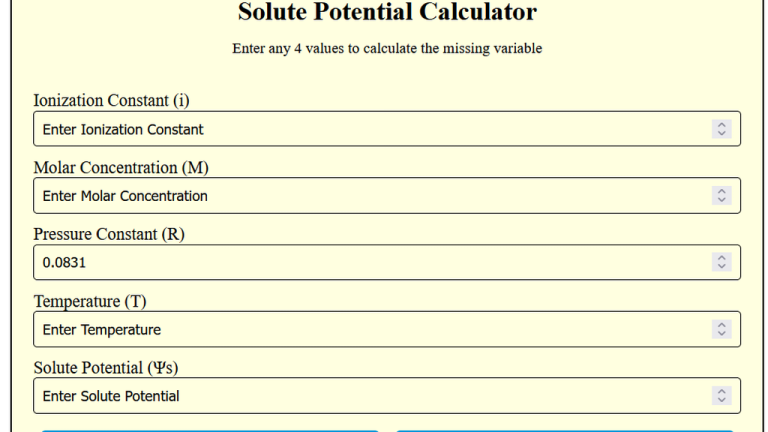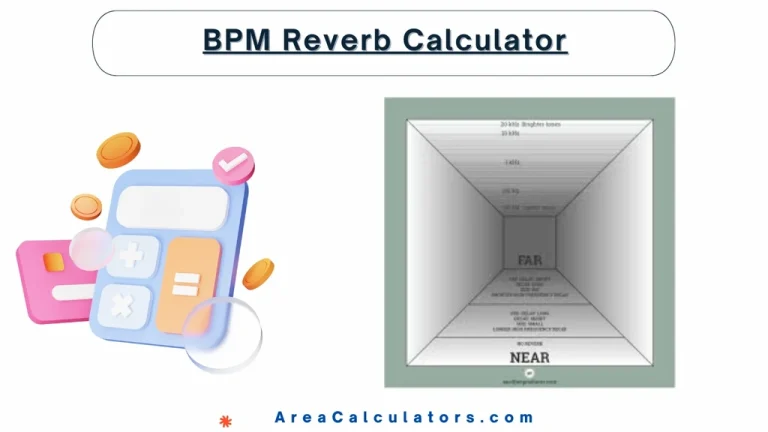Packets Per Second Calculator
To calculate Packets Per Second (PPS), divide the total transmission rate (TR) by the packet size (PS). This provides the rate at which packets are transmitted or received over a network.
The Packets Per Second Calculator is an invaluable tool for network administrators, engineers, and IT professionals. It helps determine the rate of packet transmission across a network, essential for analyzing performance, managing bandwidth, and troubleshooting issues.
Understanding PPS ensures optimized network throughput, prevents congestion, and supports efficient traffic flow. Whether you’re assessing a home network or managing an enterprise system, this calculator simplifies complex network calculations with precision.
Formula
PPS = TR / PS
| Variable | Description | Unit |
|---|---|---|
| PPS | Packets Per Second | Packets/Second |
| TR | Total Transmission Rate | Bits/Second (bps) |
| PS | Packet Size | Bits/Packet |
Solved Calculations
Example 1: Calculate the PPS for a 1 Gbps transmission rate with a packet size of 1,500 bits.
| Step | Calculation | Result |
|---|---|---|
| Transmission rate (TR) | 1,000,000,000 bits/sec | |
| Packet size (PS) | 1,500 bits | |
| Compute PPS | 𝑃𝑃𝑆 = 1,000,000,000 / 1,500 | 666,667 packets/sec |
Example 2: Determine the PPS for a 100 Mbps rate with a packet size of 500 bits.
| Step | Calculation | Result |
|---|---|---|
| Transmission rate (TR) | 100,000,000 bits/sec | |
| Packet size (PS) | 500 bits | |
| Compute PPS | 𝑃𝑃𝑆 = 100,000,000 / 500 | 200,000 packets/sec |



![Original Price Calculator [ Retail, Discount, Sale, Wholesale, Final ] 3 Calculator with a black display, illustrating the calculation of original prices for pricing strategies, relevant for retail and e-commerce businesses.](https://areacalculators.com/wp-content/uploads/2025/07/original-price-calculator-768x432.webp)
